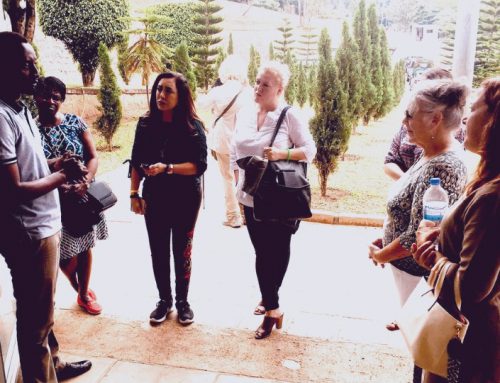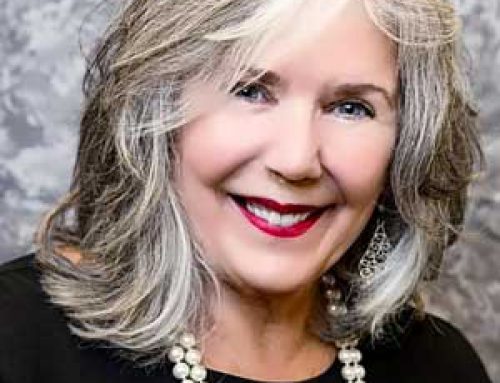We’re making progress friends! It really is amazing and encouraging to see all the new civility program developments, projects and initiatives popping up – seems like everywhere I go, something new.
Most recently I had an opportunity to present a short lecturette on “Civility and Philanthropy; The Art of Giving” at the AICI conference in Orlando, Florida. Hilights are below. It was a great session presented for almost 60 AICI Civility Counts Project current and prospective “Civility Ambassadors”. At the end of that session I was excited to learn about the AICI Civility Counts Project Civility and disAbilities program.
The program is led by Pamela Judd, President of Make me Proud of You Inc. Judd proudly serves as the 2008-2012 Philanthropic Chair for the Association of Image Consultants International www.aici.org where she is spearheading AICI’s new Image + Disabilities Book Project and is a founding member of AICI’s global Civility Counts initiative. http://www.pamelajudd.com/content/view/22/45/ , It’s going to be an amazing project and certainly a book worth buying.
Back to The Art of Giving. If, as I do, you include aspects of conscious effort to ease the experience of someone else in your definition of civility; and if you believe as I do that civility is its own reward- then philanthropy and generosity is naturally imbedded in everything you do. It is the giving of oneself with no expectation of return that builds trust and fosters long-lasting change. In any case, in short-form below are my suggested six key aspects of the art of giving:
1. Give with no expectation of return; that is, give without knowing you might not be rewarded or acknowledged, and give knowing you may never recoup the time, money, energy etc that you gave.
2. Give what you value most; for example, my current most prized commodity is time, so squeezing even 20 minutes extra out of a day for me is a huge challenge and sometimes very hard to give when all I want to do is curl up on the couch with a hot cup of tea. But I have learned that the biggest return comes with the gifts that are hardest to relinquish.
3. Give without being asked to; it’s hard to ask for help and for a range of reasons, people will often say no- even when they really need so I find it is sometimes best just to take action- help, support, jump in and give however you can rather than spend a lot of time talking about what you could do and waiting for an invitation to do it.
4. Give without measuring the gesture; I often hear people say they only have a few dollars or 15 minutes isn’t enough, or they can’t commit to all 6 meetings etc. I’m of the opinion that something is often better than nothing and often even the smallest gesture, a tiny kindness, or a few focused moments of attention, can have big impact.
5. Give often; just like any other behaviour, giving- whether its a kind word, a few minutes of your complete attention, a few dollars, etc, can become a habit. When exhibited consistently giving becomes part of your character.
6. Give without judgment; that is, don’t be concerned about what anyone else is giving, and don’t compare or assess why someone else gives, e.g., one person’s cause might be child hunger, another’s might be saving the whales or supporting the arts- each gift has value , you don’t always have to understand the gift, but do try to acknowledge the giver and appreciate the giving.
As we challenged the Civility Ambassadors at the end of the session, I challenge you to bring your best self to every interaction, every communication and every opportunity, give, give and give some more, you will reap immeasurable rewards.





